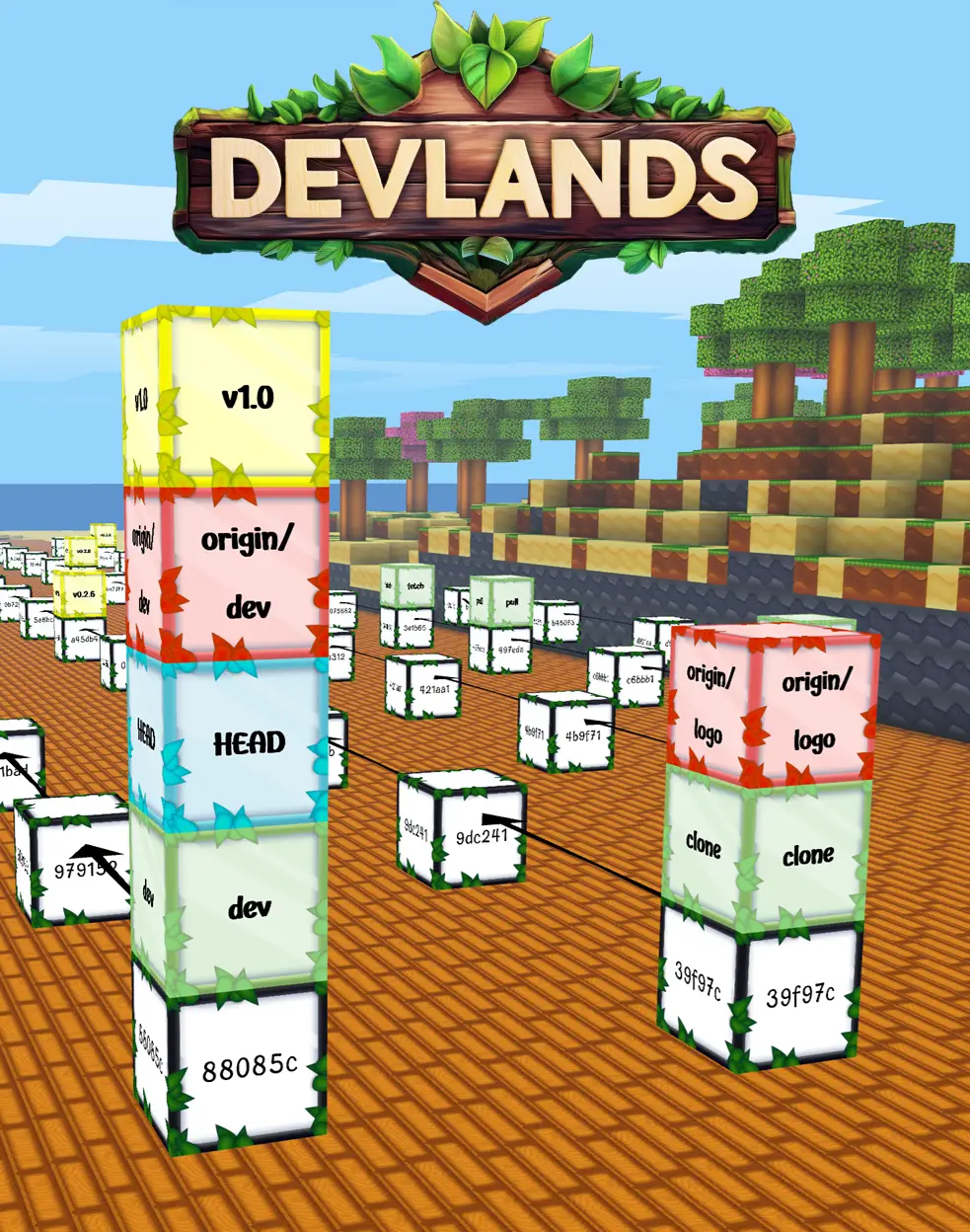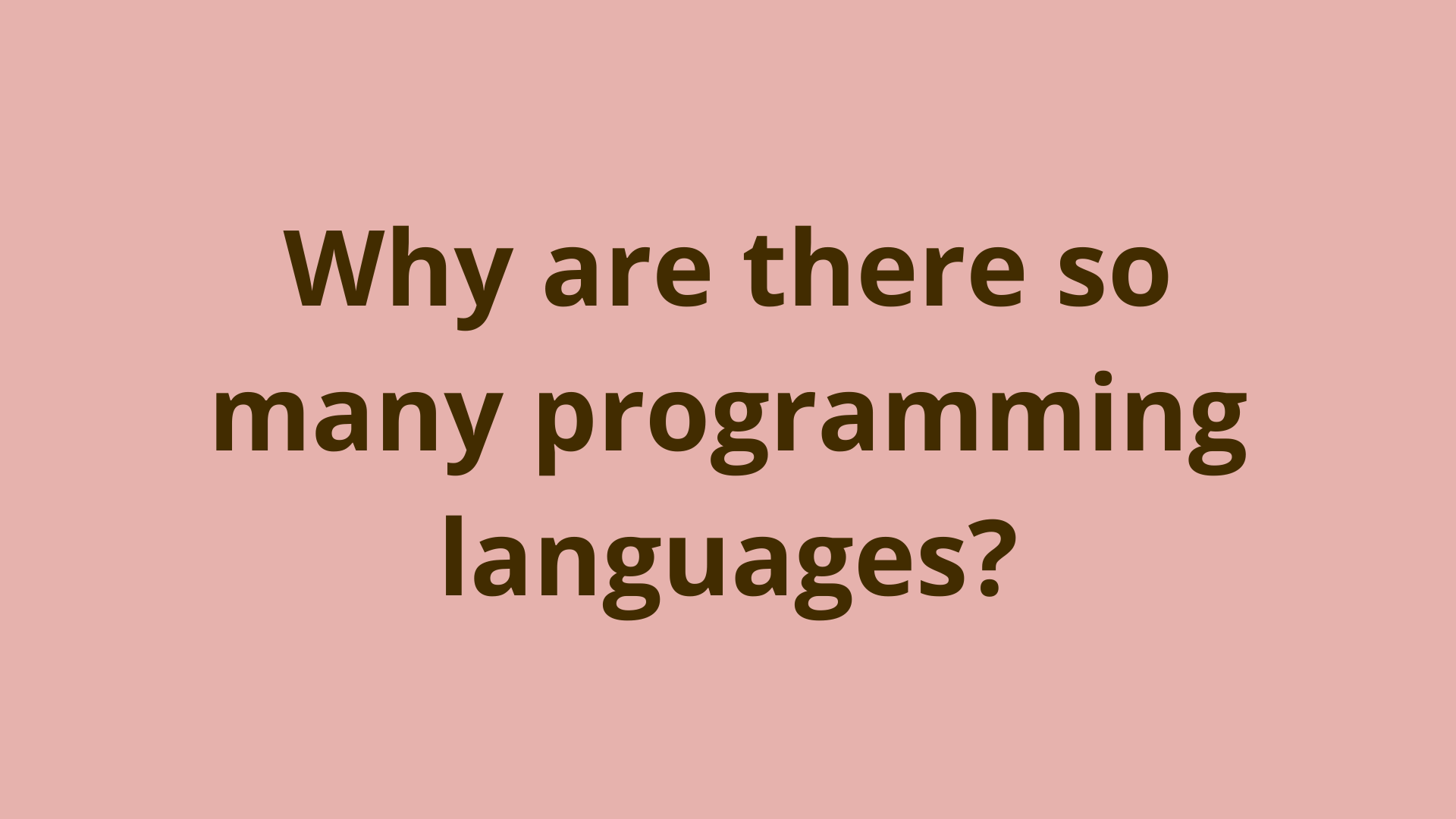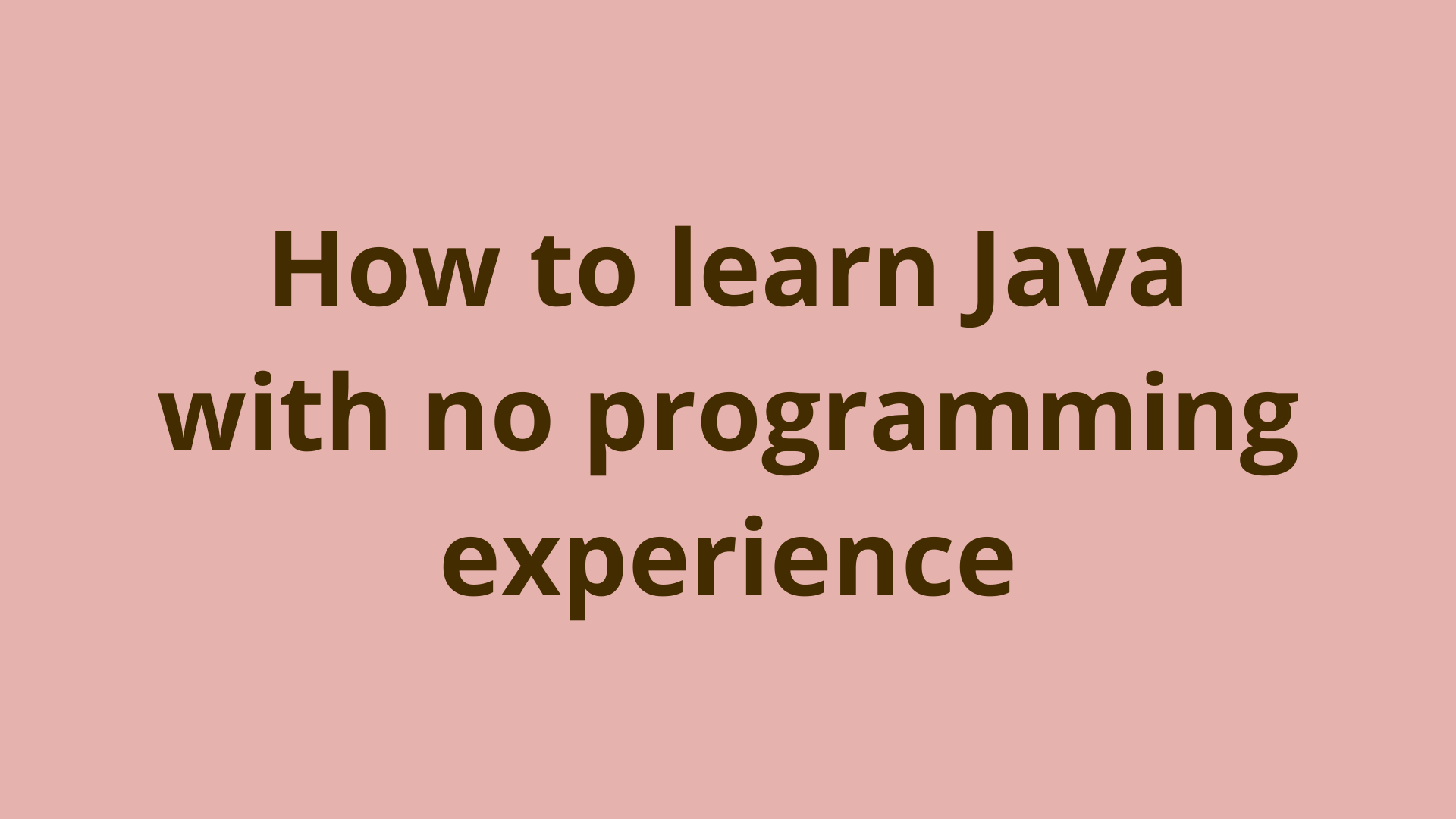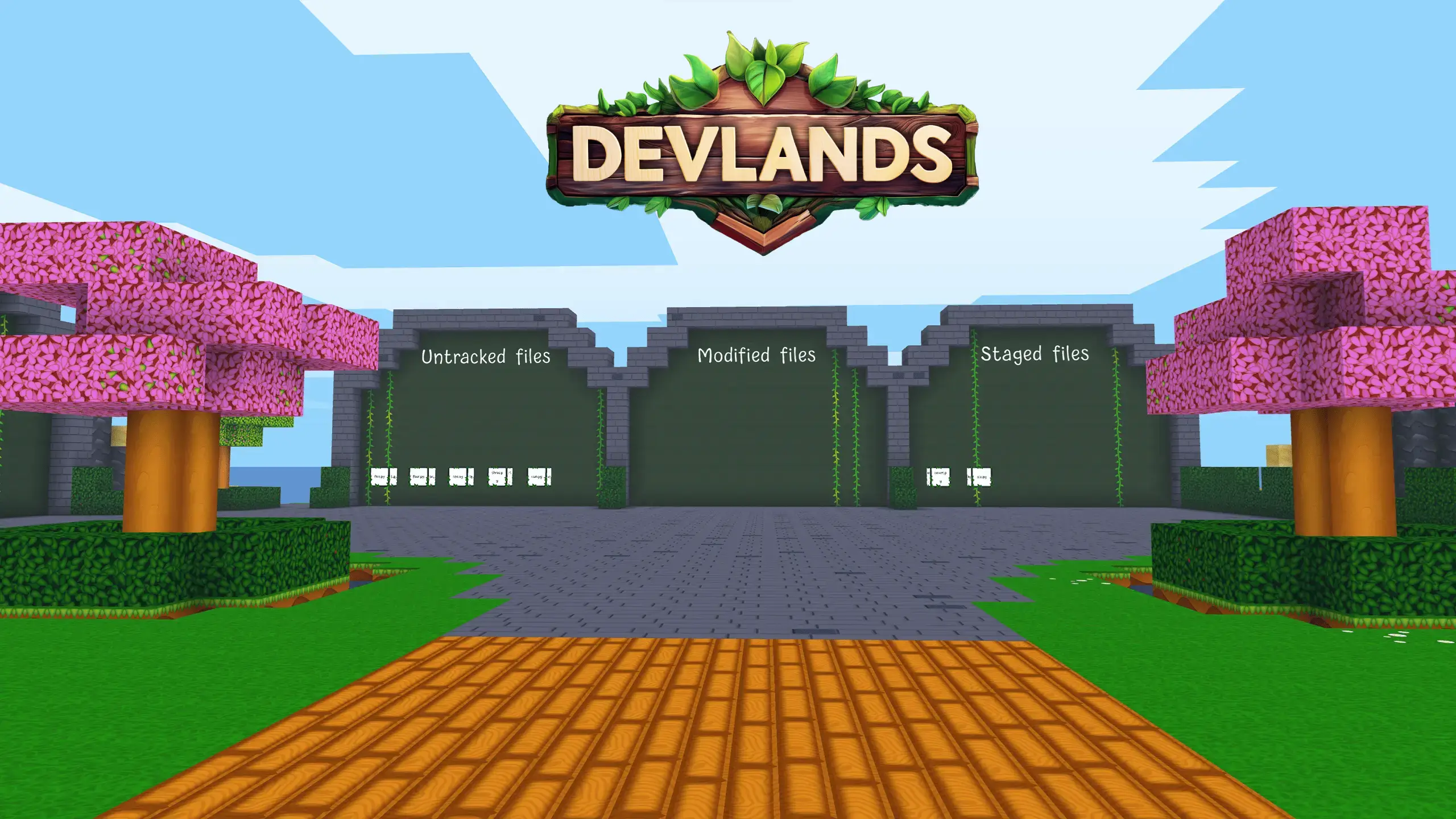How long does it take to learn coding?

ADVERTISEMENT
Table of Contents
Introduction
Programming is a useful skill for anyone. Many jobs can be made more efficient via automation and custom software. Others are highly dependent on programming for running complex statistics, engineering, and physics equations. Even those outside of the workforce can find uses for programming in their own lives by working on projects of personal importance.
However, many people are too intimidated to take the first step. They might feel that programming will take far too long for them to learn. Coding is often seen as a skill that takes years to pick up, which can be intimidating to those looking to get started. But does programming actually take that long to learn? In this article, we will try to shed some light on the question How Long Does it Take to Learn Coding?
Hours
In a literal sense, programming can be learned in a matter of hours. For example, many coding courses are designed to be completed in about 30 hours. Someone who finishes such a tutorial won't be an expert programmer by any means, but these "intro to programming" courses cover the most essential elements of coding:
- Syntax
- Control flow
- Input/output
- Data structures
That may sound minimal, but it is enough knowledge to start creating useful programs. It also forms the foundation of a wider set of skills that you will build up over time.
One of the reasons why programming can be learned so quickly is because of the ability to run code directly in your web browser. Sites like Codecademy execute user code on their own servers, so students don't need to go through the (slightly more) complex procedure of installing a programming language's development tools on their PC or laptop. Another reason is that languages like Python and JavaScript have very intuitive syntaxes and English keywords, which makes them easier for beginners to pick up.
Months
Tutorials are excellent for picking up the basics of programming, but they do not teach everything that a software developer needs. Most projects will require knowledge of specific libraries or tools, and that knowledge can take months to learn. Programmers looking to take on more advanced projects will also need to familiarize themselves with a wider set of development tools:
-
Command-line: Most software development tools are run using the command line. However, each operating system's command line runs on its own programming language (batch script and PowerShell for Windows, bash for macOS and Linux). Developers will need to become comfortable with these languages to use most development tools.
-
Version control system (usually Git): Most software teams use a version control system (VCS) to store their project's code. Version control systems track the history of source code files and their content. This allows teams to collaborate efficiently on the same code files from anywhere in the world. Any developer who wants to contribute to a group project will need to familiarize themselves with Git. We have created a Git cheat sheet for beginners to help you learn the basic Git commands.
-
Debuggers: Debuggers are tools that help developers diagnose issues with their programs more easily. They can be used to track the contents of a variable over time, analyze network packets, view the exact order of execution of a program's methods, and more. Learning how to use debugging tools is usually pretty quick, and the reward is a much more efficient troubleshooting process.
-
Continuous deployment: Manually moving files onto a server is time-consuming and makes it difficult to rapidly view changes to an application. Continuous deployment (CD) solves this by deploying an application to a server after each change. This makes the deployment process easy and automatic and allows developers to get instant feedback on their changes. Learning how to set up a CD pipeline can take some time but it will pay dividends in time saved later.
After a few months of experience, a developer should have adequate knowledge of a programming language and all of the tools needed to develop with it efficiently. More importantly, they will have learned how to research solutions to their problems, which is a valuable skill in itself. At this point, a developer will not be an expert in their field, but they will have the research skills needed to solve most of their own problems.
Years
A developer with months of experience can do meaningful work, but this work may not be done sustainably. The ability to write code that will be easy to maintain and extend in the future takes time to develop. Only a developer with years of experience will have the intuition needed to create sustainable, production-ready code.
Certain niches of software development may also take years to learn. Areas like machine learning and advanced algorithms can be difficult to enter without a professional or university education, simply due to how complex the underlying math and logic is. Other fields, like web and mobile applications, are also difficult to master because of the breadth and rapidly-changing nature of the technology used. Becoming an expert in one of these fields is not impossible, but it may take years of research and practice.
Forever?
Even the most seasoned developers will need to refresh their skills. The world of software development is constantly changing, and knowledge gained in one decade - or even one year - may not be useful in the next. This is especially true in areas like web development and machine learning, where the technology is constantly evolving to meet demands for faster performance and better developer experiences.
The best developers are eternal students. To remain relevant in the industry of software development, a programmer must always be learning new tools, trying out new languages, and reading about industry trends. This way, they will always be prepared to work with the "next big thing".
Conclusion
Learning how to code can take anywhere from hours to a lifetime, depending on the depth of knowledge needed. For most people, a few weeks is all that is needed to become a competent developer capable of automating tasks and improving their lives. But for those looking to become professional software developers, programming can take years of practice and requires constant research.
If you're interested in learning the basics of coding and software development, check out our Coding Essentials Guidebook for Developers.
Thanks and happy coding! We hope you enjoyed this article! If you have any questions or comments, feel free to reach out to jacob@initialcommit.io.
Final Notes
Recommended product: Coding Essentials Guidebook for Developers





